Following The Film Stage’s collective top 50 films of 2023, as part of our year-end coverage, our contributors are sharing their personal top 10 lists.
One of the problems of the award season industrial complex that takes over film discourse in the early months of the year is that it tends to reduce great films to talking points. It also encourages groupthink, even if some of the nominated films are, well, deserving of those nominations. There’s the predictable pattern of acclaim, backlash, backlash to the backlash, and then maybe a few awards and the hopes of a short memory about how the awards campaign went.
Thus, creating a top-ten is always a bit tough. It’s a mixture of subjective and objective critiques, personal preferences mixed with universally regarded favorites. With that, there’s been more than enough written about Killers of the Flower Moon, Oppenheimer, Barbie, The Holdovers, etc. that I don’t feel the need (or, frankly, want) to contribute to that discourse, even if all of those films are quite incredible. The fact that they are missing from this list is less a reflection of their quality and more of a want to highlight other things that I loved this year. Oscar nominations aren’t even out yet, and we have a long way to go.
My list, then, tries (and probably fails) to thread the needle between personal and professional preferences, which sometimes overlap, but other times don’t. My so-called “favorite” film of the year is one that could be included in the above mentions, and I’m not in a rush to revisit it, but it also represented one of the most transfixing viewing experiences I’ve had in some years. Others aren’t “great” in the objective sense — especially my #9 — but will probably be added to a yearly rotation, nonetheless.
Looking through this list, I also see a strong populist streak. Perhaps that’s a reflection of my own experiences this year, where I turned to movies as more of an escape than anything else. Yet, while we continue to bemoan the death of the theatrical experience, I feel like the mid-brow film is alive and well, even if it might take a bit (and subscriptions to a lot of streaming apps) to find them.
10. Totally Killer (Nahnatchka Khan)
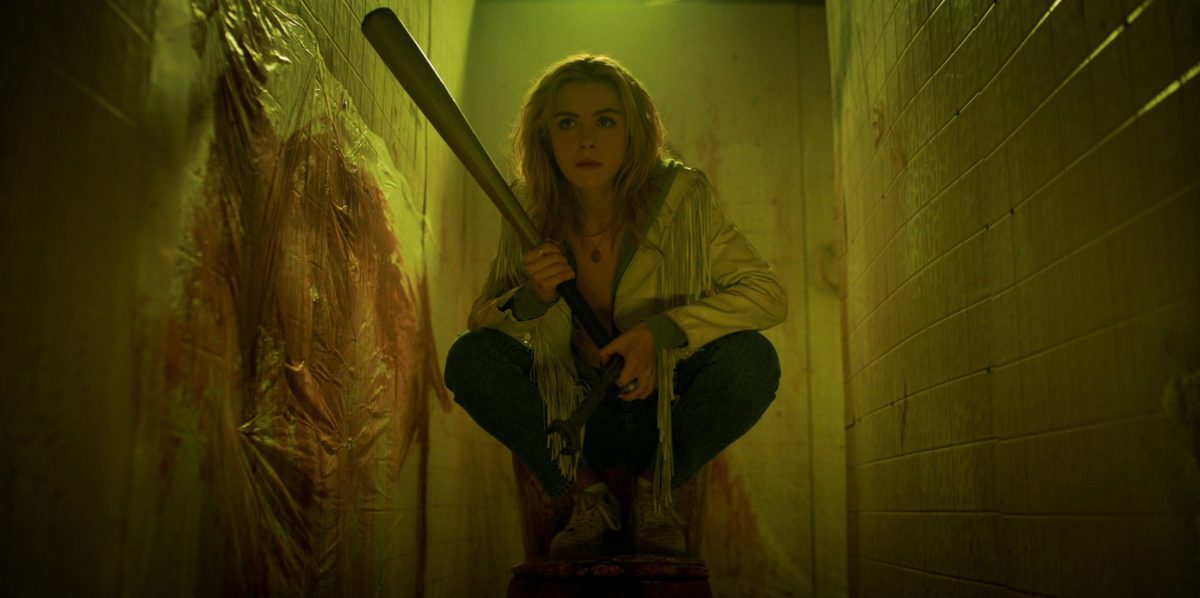
Going in with absolutely no expectations, this Kiernan Shipka-starrer mixes comedy, slasher, and time-travel to derivative but nevertheless fun results. Much of that comedy comes from Shipka’s teenager Jamie having to navigate the ‘80s, accidentally being sent back in time to help catch a serial killer who killed her mom, without ever being glib about the generational differences. It’s a fun Halloween film, and a representation of the type of film that Blumhouse excels at, that predictably got swallowed by the back-hole that is Amazon Prime.
9. Indiana Jones and the Dial of Destiny (James Mangold)
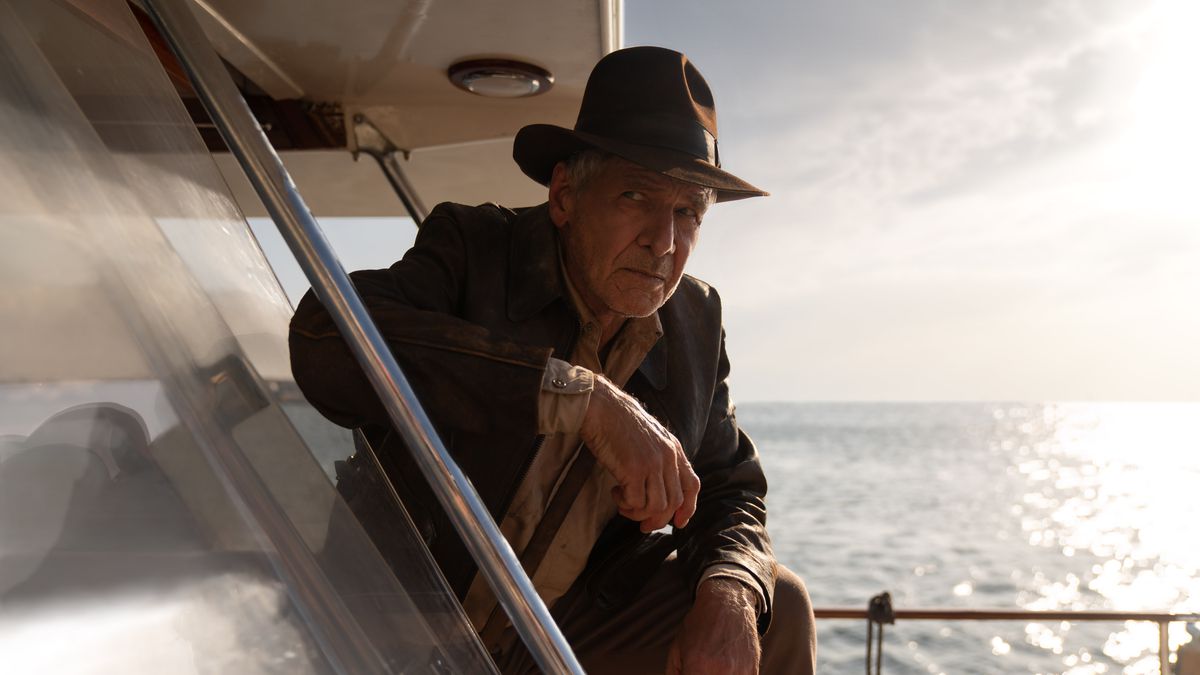
Perhaps the most trolling of my choices, but if everyone outright hated Crystal Skull, then James Mangold’s follow-up suffered a much worse fate: indifference. Despite serving as the end of the franchise (quite literally considering it lost Disney so much money), no one seemed to care. But, you know what? I don’t care what others say: it’s actually a pretty good Indiana Jones movie. Perhaps the third best? Mangold has perfected this type of popcorn entertainment, and taking over the reins from Speilberg, he ably crafts an emotional and rollicking Indy adventure.
8. The Caine Mutiny Court-Martial (William Friedkin)
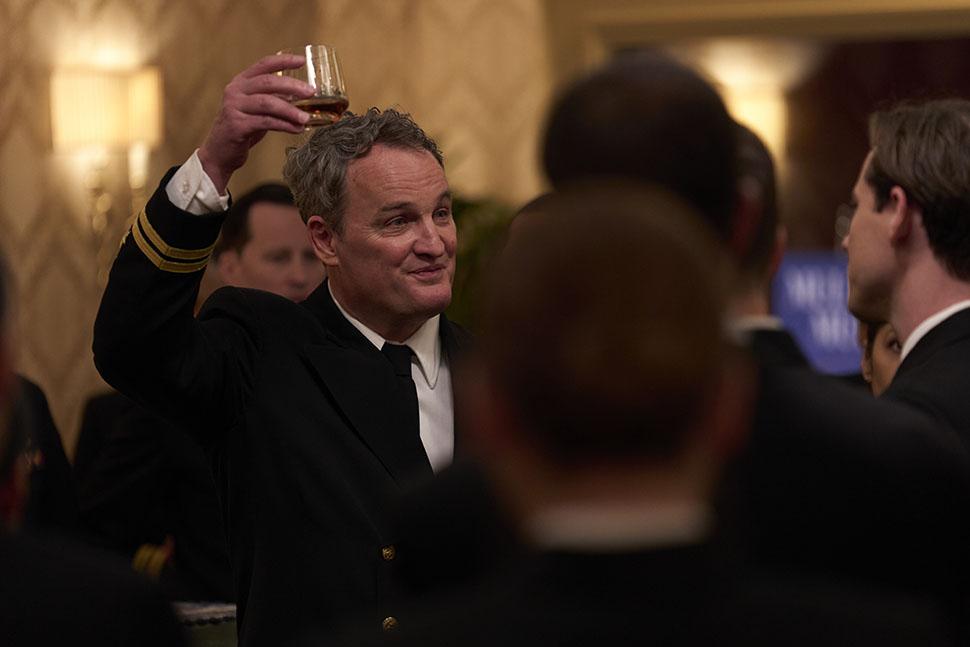
For all of the acclaim that Friedkin got for this genre-hopping ‘70s films, he really was a great adaptor of plays. So much so that his final three films—Bug, Killer Joe, and The Caine Mutiny Court-Martial—represent a slight, but still significant, resurgence. This, his swan song, is a lean, talky exploration of morality that can be best described as no-frills. Yet, by not being showy, he allows his actors to space to really flex. Kiefer Sutherland, an actor who has always seemed one-note to me, has never been better. The same goes for Jake Lacy and the, admittedly more reliable, Jason Clarke.
7. Flora and Son (John Carney)

Respectfully, John Carney makes one type of movie: wistful love stories set against the backdrop of forming a band. He’s done this with Once, Begin Again, and Sing Street. If you’ve seen those movies, you know what to expect here. But, the one major shift he makes here is to not centralize a romantic love, but instead one between a mother and her son. With a grounded performance by Eve Hewson as the titular Flora, and newcomer Orén Kinlan as her son Max, Carney dials back the melodrama to create a compact familial drama about a woman who’s trying to keep it together and, maybe, win a local songwriting competition. It’s a small film, but one that also feels most in line with the big emotional swings that Carney made with Once.
6. Are You There God? It’s Me, Margaret. (Kelly Fremon Craig)
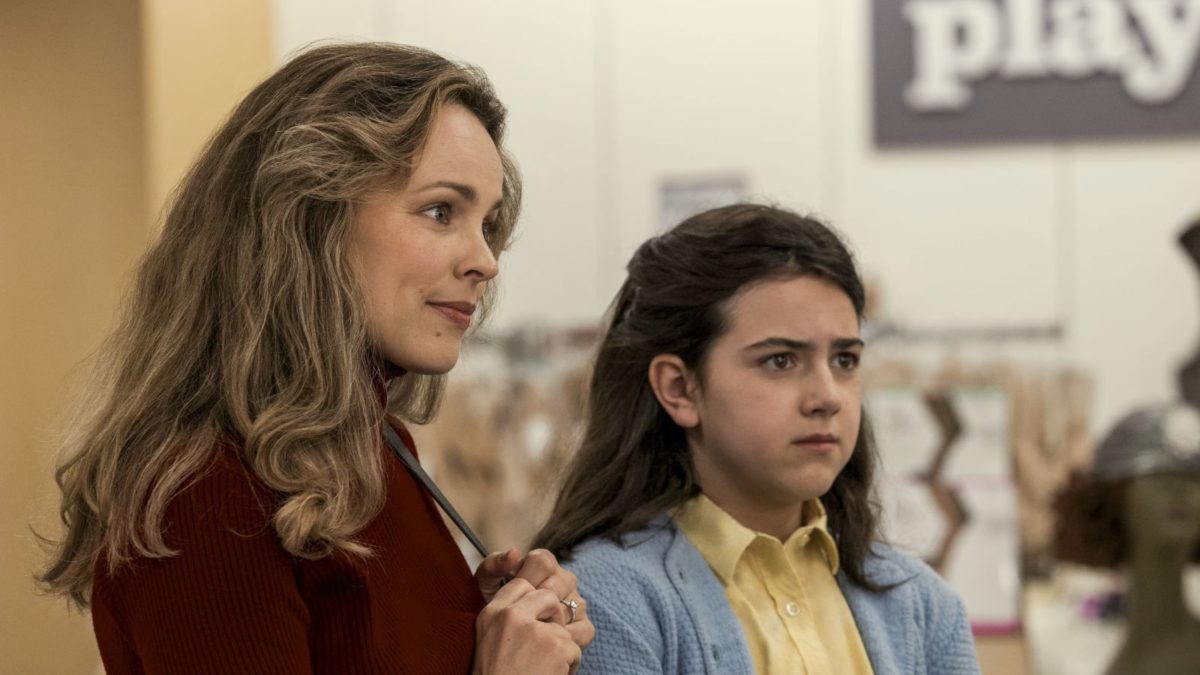
Another film that grounds its exploration of quote-unquote big themes—religion, parenting, adolescence—in a simple presentation, Fremon Craig sketches out Judy Blume’s novel to give us one of the most sympathetic portrayals of growing up in recent memory. Acting like something of a prequel to her previous feature The Edge of Seventeen, Are You There God? foregrounds the simultaneous wonder and terror of figuring out who you are. Also, points for giving space to two of the most realistic parents put on screen with Benny Safdie and Rachel McAdams’ Herb and Barbara.
5. Past Lives (Celine Song)
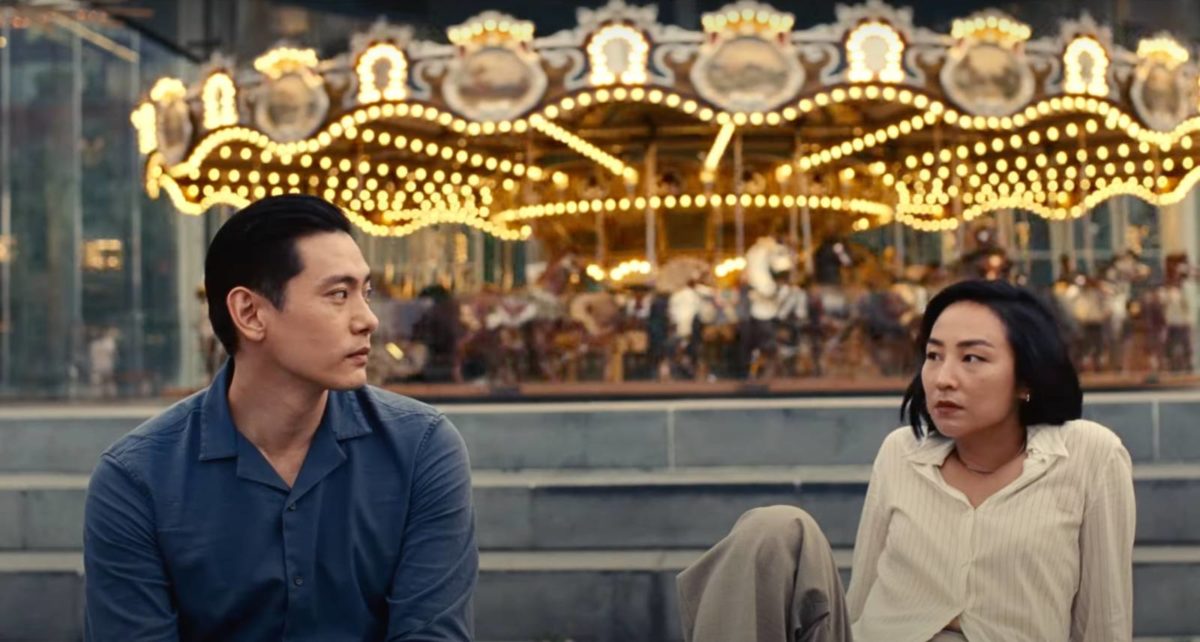
Past Lives is predominantly concerned with the multiple lives we live, and the ways in which those lives bump up against each other; no movie made me reflect on my own life choices in the way that this one did. Celine Song initially sets up what appears to be a love triangle in the first scene, before dismantling that cliché with an acute sense of character, giving space not only to Greta Lee’s Nora and Teo Yoo’s Hae Sung, but also John Magaro’s Arthur. As Nora tries to navigate the collision of her past and present, Song makes a point to give sympathy to all her characters and, in the process, crafts one of the more stunning directorial debuts in recent memory.
4. Showing Up (Kelly Reichardt)
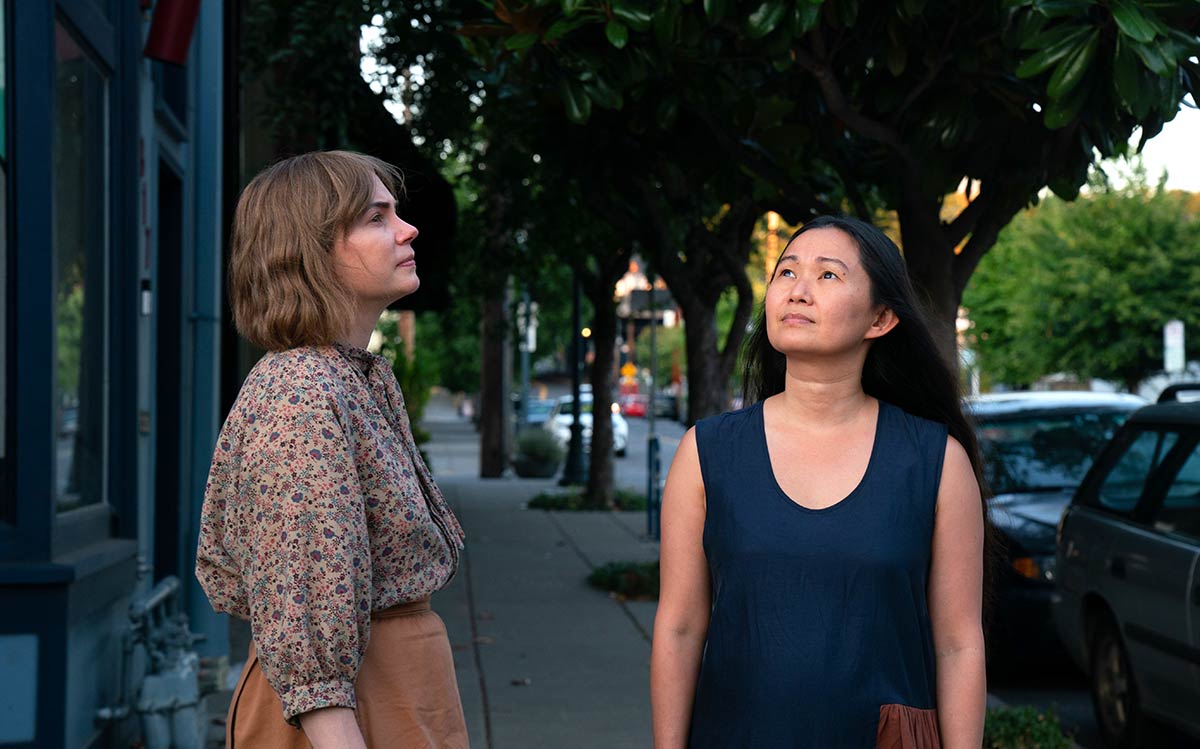
A film concerned with the practicalities of art-making, Reichardt’s film firmly grounds itself in the day-to-day minutiae of not only creating a piece but, importantly, getting anyone to care about it. Following Michelle WIlliams’s Lizzy as she struggles to balance work, family, and her artistic output in the lead up to a show, Reichardt’s film may feel slight at first, especially compared to her previous feature First Cow, but it also prays upon the anxieties of anyone who’s dedicated themselves to artistry, especially those who haven’t yet made it. It’s a quiet film, but it’s also a reminder that there really isn’t a better director-acting pair than these two.
3. You Hurt My Feelings (Nicole Holofcener)
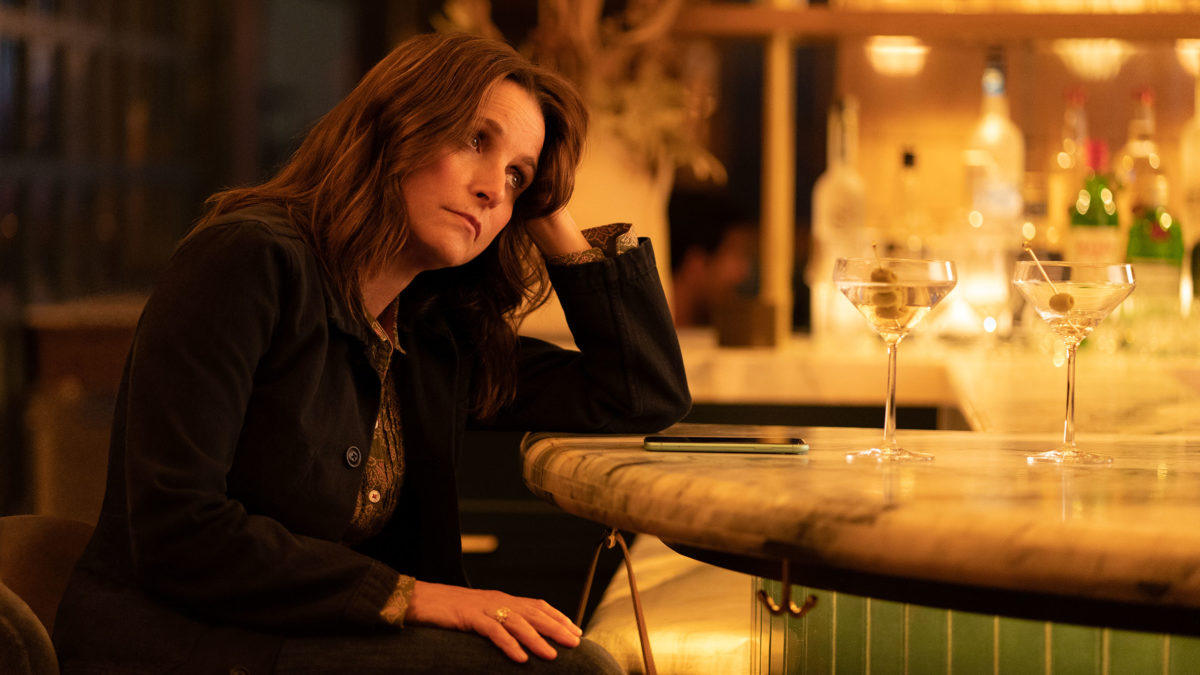
You Hurt My Feelings would make a good double feature with Showing Up, Holofcener’s film also concerns an artist (Julia Louis-Dreyfus’s Beth) struggling to create, only to realize her husband (Tobias Menzies) doesn’t actually like her writing. While this crisis might seem minor, especially considering Holofcener’s decision to make everyone upper-class, there isn’t a better writer of middle-aged neurosis, and the ways we lean on our friends and family for emotional and professional support. Everyone in this film feels real, a testament to Holofcener’s nuanced, and empathetic, approach.
2. May December (Todd Haynes)
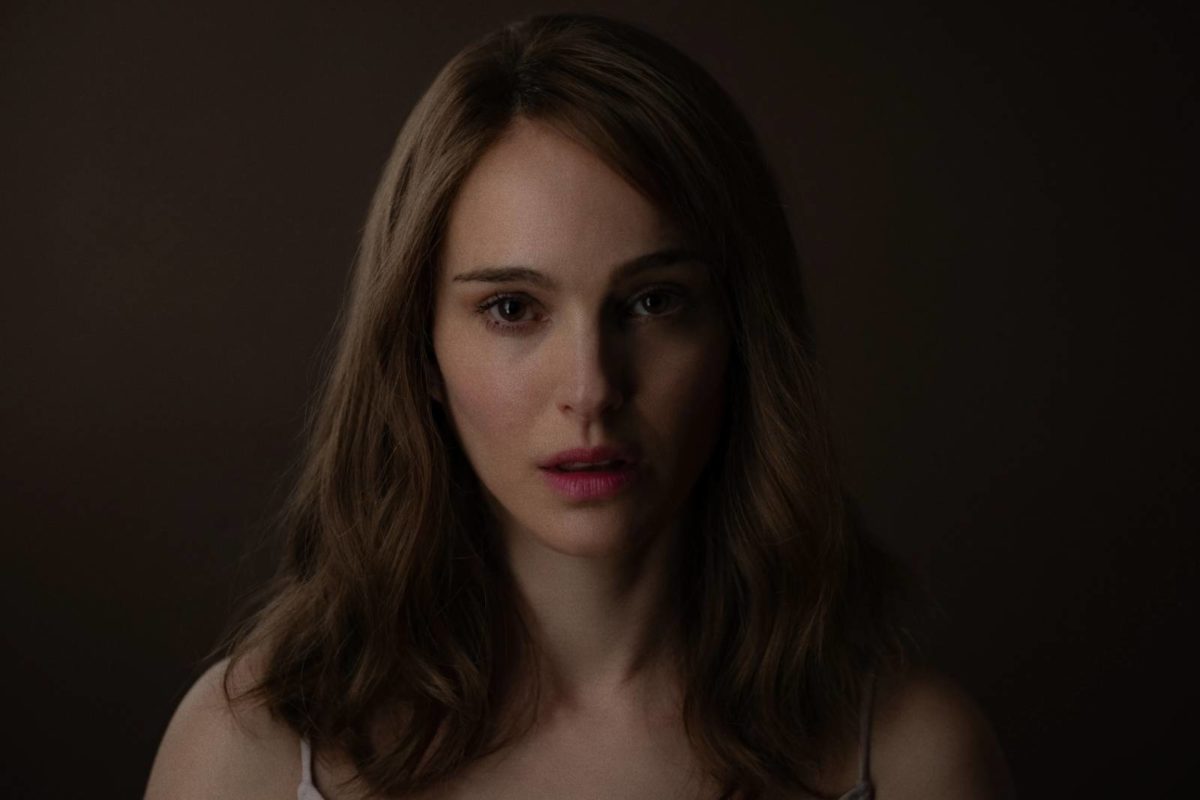
Good acting is one thing, but being a good actor playing a bad one is something else. While Charles Melton and Julianne Moore are, deservedly, getting acclaim for this film, it feels like Natalie Portman is flying a bit under the radar here. Her try-hard performance, in the hopes of escaping a role on a procedural, is both calculated and hysterical. The methods in which she goes to inhabit Moore’s Mary Kay Letourneau stand-in are eccentric to say the least, and when we finally get to see what it all added up to, it’s one more reversal in a film that has many.
1. The Zone of Interest (Jonathan Glazer)
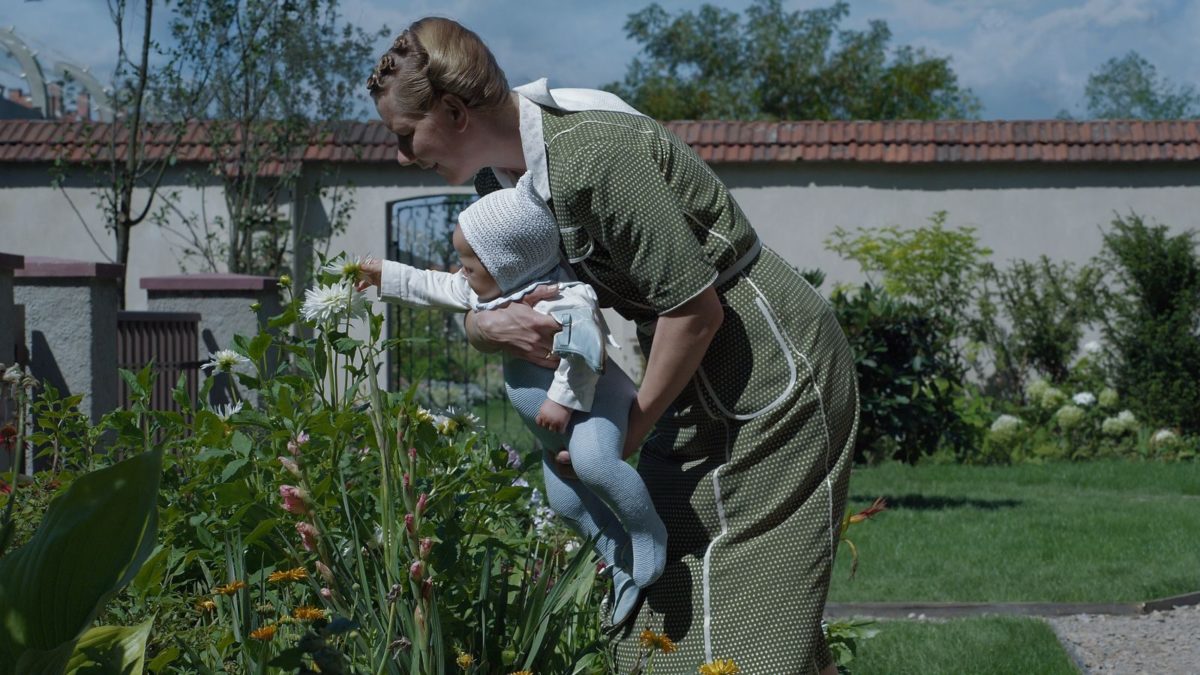
It’s a big leap from Totally Killer to Jonathan Glazer’s formalist Holocaust drama, but here we are. Enough has been written about this film that I don’t have much to add, other than to say that I went into this experience expecting an astute, distanced, prestige drama. While it’s definitely got all of those things, I didn’t expect to be so transfixed by Glazer’s decision to show the banality of these lives. Much like his previous feature Under the Skin, it’s a film built around sustained tone rather than plot. When the film does break its formal constraints (the thermal imaging, the flash-forward that ends the film), it’s a reminder that all these directorial tricks (the remote-controlled cameras, etc.) actually add up to a singular viewing experience. It’s also a rare film that’s more about what we don’t see, almost demanding that your mind wander throughout. Glazer makes anything but passive films and while it’ll probably be another ten years until Glazer releases another film, they are always worth the wait.
